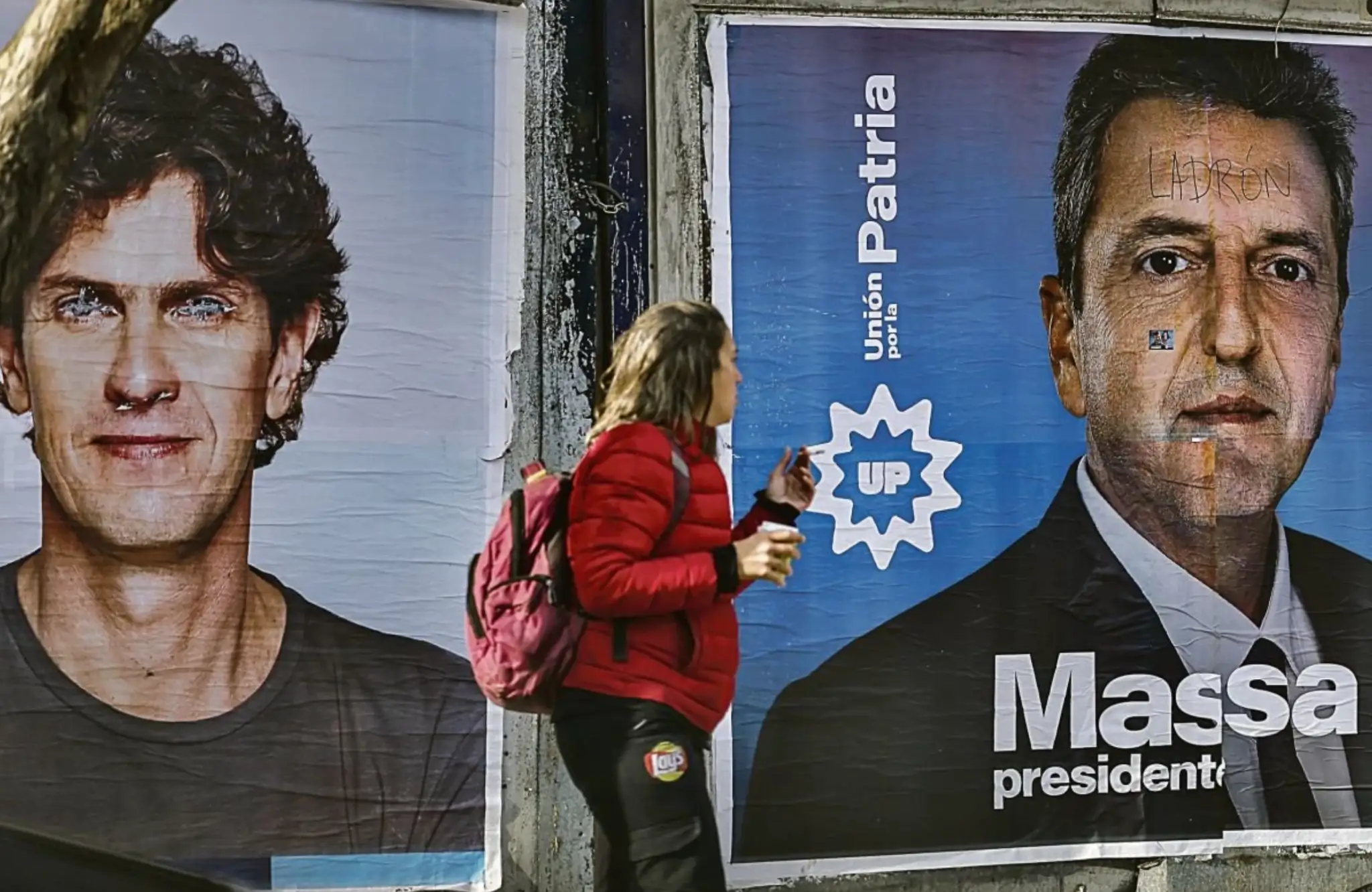Next Sunday, primary elections will be held, in which the candidates that will compete in the first round of the presidential elections on October 22 will be defined. So far, primary and general elections have been held in seventeen Argentine provinces, in a clear attempt by local leaders to separate their electoral fate from that of the national government. These results are clues as to what may happen next Sunday.
What is happening with the provincial elections?
In the first place, the electoral ratification of most of the provincial officialism at the head of the Executive Power has taken place, as it happened in the Districts of Córdoba, Formosa, Jujuy, La Pampa, La Rioja, Misiones, Río Negro, Salta, Tucumán and Tierra del Fuego.
Another phenomenon to be highlighted is that of those official candidates who suffer defeats at the hands of political leaders who, like Rolo Figueroa in the Province of Neuquén, and Claudio Poggi in the district of San Luis, have been part of the inner circle of provincial political power. We are also witnessing the end of long cycles of electoral hegemony of the ruling party in the Districts of San Juan and Chubut, this time in charge of opposition figures outside the “hegemonic system” such as Marcelo Orrego and Ignacio Torres, respectively.
The definitive test is expected in the Provinces of Chaco, Mendoza and Santa Fe, where the primary elections were held early, as well as in the provinces where the primary election will be held on August 13, as is the case of the District of the Province of Buenos Aires and the Autonomous City of Buenos Aires-CABA.
In these elections at the sub-national level, Javier Milei’s grouping, Liberty Advances (LLA), would not be playing an outstanding role, as expected in different opinion polls at the national level. LLA is not advancing, although the electoral abstention as an expression of disenchantment and political disaffection is advancing.
The electoral process has not been free from episodes of political and social violence such as the one occurred in the province of Chaco with the disappearance and death of Cecilia Strzyzowski and different cases of social protest that took – and are taking – place in the Province of Jujuy, district led by the governor – and vice-presidential pre-candidate – Gerardo Morales.
It should be remembered that twelve years have passed since the implementation of the so-called Law of Democratization of Political Representation, Transparency and Electoral Equity, popularly known as PASO (Open, Simultaneous, and Compulsory Primary Elections), and this has been used for multilevel elections in 2011, 2013, 2015, 2017, 2019 and 2021.
What can happen on a national scale?
The outcome of the electoral process may yield three possible winners: the ruling Union for the Fatherland (UP), the opposition Together for Change (JxC) and the political protest.
The ruling party faces an electoral campaign in a context of poor management results and low level of approval, although with the impulse of a candidate-minister of Economy, Sergio Massa, with a great vocation for power and a media, economic and judicial conglomerate that has been sponsoring his candidacy for a decade.
The opposition, winner in the legislative elections of 2021, is in the midst of a highly disputed internal process that has prevented it from convincing a significant part of society of its condition as an electoral alternative. The resolution of the internal dispute between candidates Horacio Rodríguez Larreta and Patricia Bullrich on August 13 may begin to answer the question about JxC’s capacity to “win the hearts and minds” of voters.
Finally, political protest seems to have two channels of expression: electoral abstention or the candidate Javier Milei. The evolution of the electoral process will allow us to discern whether it is a circumstantial expression of social unrest or a deep criticism of the political class as a whole.
As a former national cabinet minister once said, Argentina turns out to be a more entertaining country than Switzerland. There seems to be no doubt about it.
*Translated from Spanish by Janaína Ruviaro da Silva











